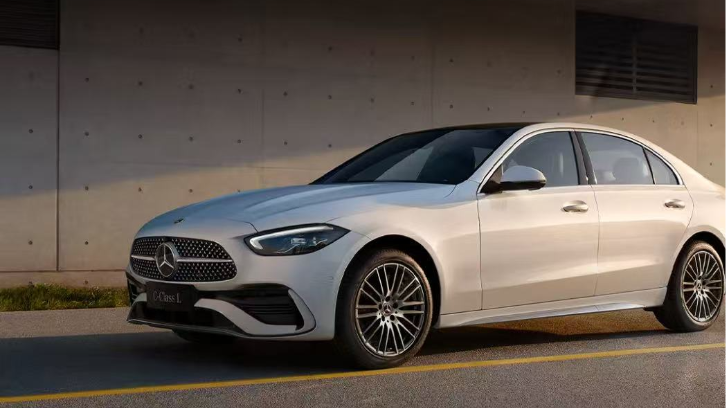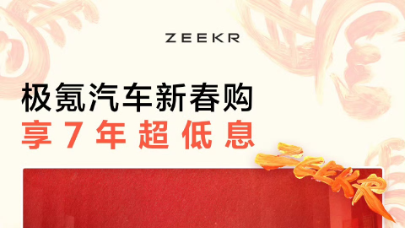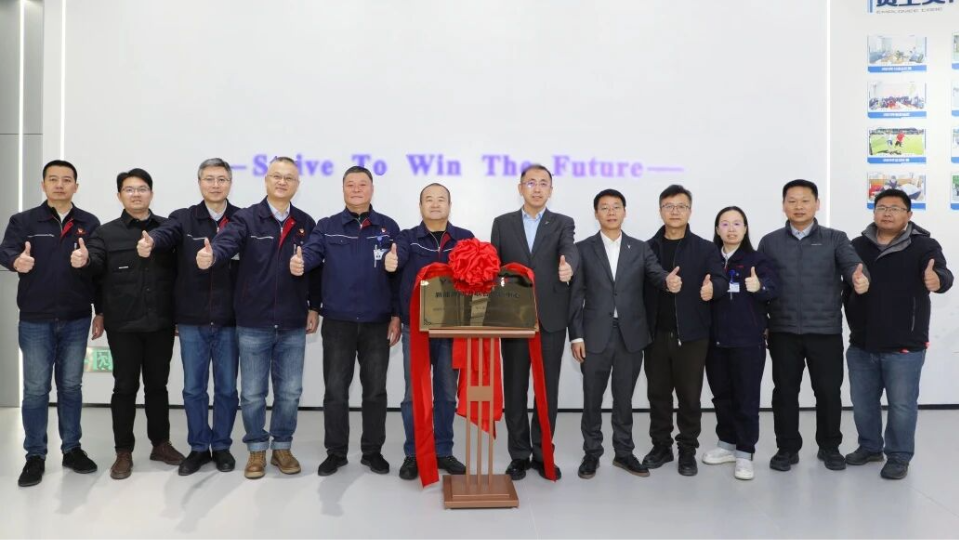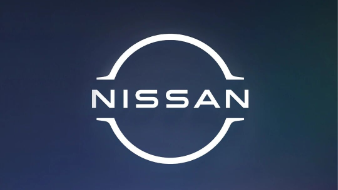Shanghai (Gasgoo)- In February, automakers in China sold 15,323 locally-produced new energy PVs (NEPVs) in total, a year-on-year plunge of 70%, according to Cui Dongshu, secretary-general of the China Passenger Car Association (CPCA).
Of those, the wholesale volume of PHEVs nosedived 84% to around 1,897 units, and the BEV sales tumbled 65% from a year ago to 13,426 units.
The slump was the common fate for most types of NEV brands during the virus-hit month, while China's indigenous brands seemed to face a much severer situation as the CPCA said they need supports from all walks of industry due to the surging pressure in demands of both private cars and mobility services.
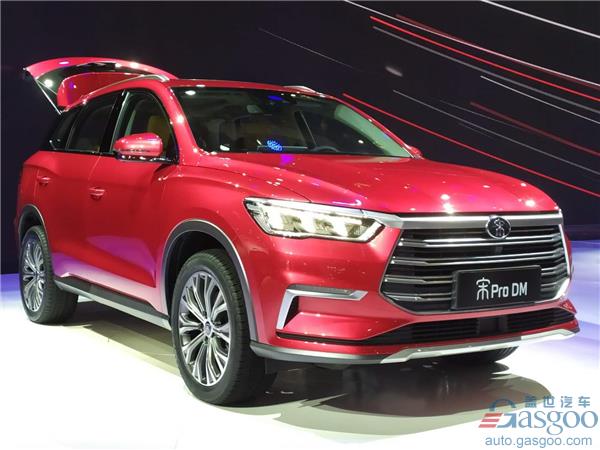
(Photo source: BYD)
The data can explain the majority of the fact. Last month, BYD sold 2,803 NEVs, suffering a year-on-year plunge of 80.57%; BAIC BJEV’s sales tumbled 65.05% to 1,002 units; JAC Motors saw its all-electric PV sales plummeted 67.61% to 758 units; Geely Auto's NEEV (referring to BEVs, HEVs, MHEVs and PHEVs) sales reached only 1,659 units.
However, there was still an expection. GAC Group said its NEV arm defied the gravity with its Feb. NEPV sales soaring 51% to 1,630 units, of which the number of GAC NE skyrocketed 100% to 1,619 units.
It is easy to understand why private use demands collapsed. After all, consumers staying indoors to avoid the virus put multiple obstacles in the channels connecting users, dealers and OEMs.
In the meantime, mobility service business largely waned due to the frozen people flow. If a man without cars has to go outside, he would rather go on foot or ride a bicycle than use public transportation tools like buses or taxis. Besides, the demands from ride-hailing platform operators were also decreased, because some of them switched to long-term car rental model so as to lessen financial losses. As over 60% demands of A-segment NEVs are used for the car-hailing & taxi services, according to the CPCA, it makes sense for China's local NEV brands to suffer gloomy downturn in mobility service area.
Aside from the current plight, the prospect for indigenous brands is not that optimistic as well. To boost auto spending, some local governments have been easing the purchase restriction on fuel-burning vehicles and increased license plate quota, and the trend is likely to be significantly followed by more cities as the central government has convey the encouragement. Thus, it may be harder for manufacturers to promote family-use NEVs if the cost performance shrinks because of the growth in conventional vehicles.
The PHEV field may feature the similar situation. Locally-born brands have to compete head-on joint ventures, while the weaker brand awareness and supply chain resources will probably put them in a more unfavorable place.
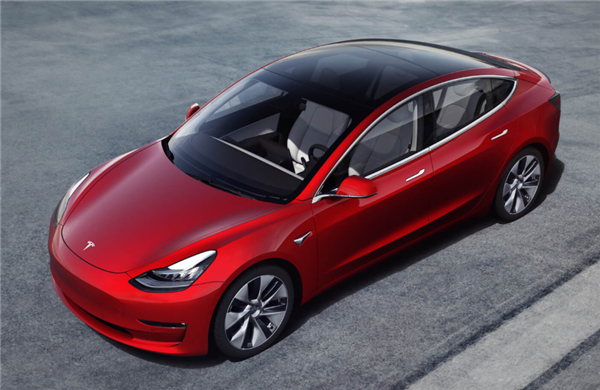
(Photo source: Tesla China)
The U.S.-based EV manufacturer Tesla was hardly hit by the coronavirus. Cui Dongshu said 3,958 consumers in China took delivery of Tesla's vehicles in February, accounting for roughly 30% of the country's total.






